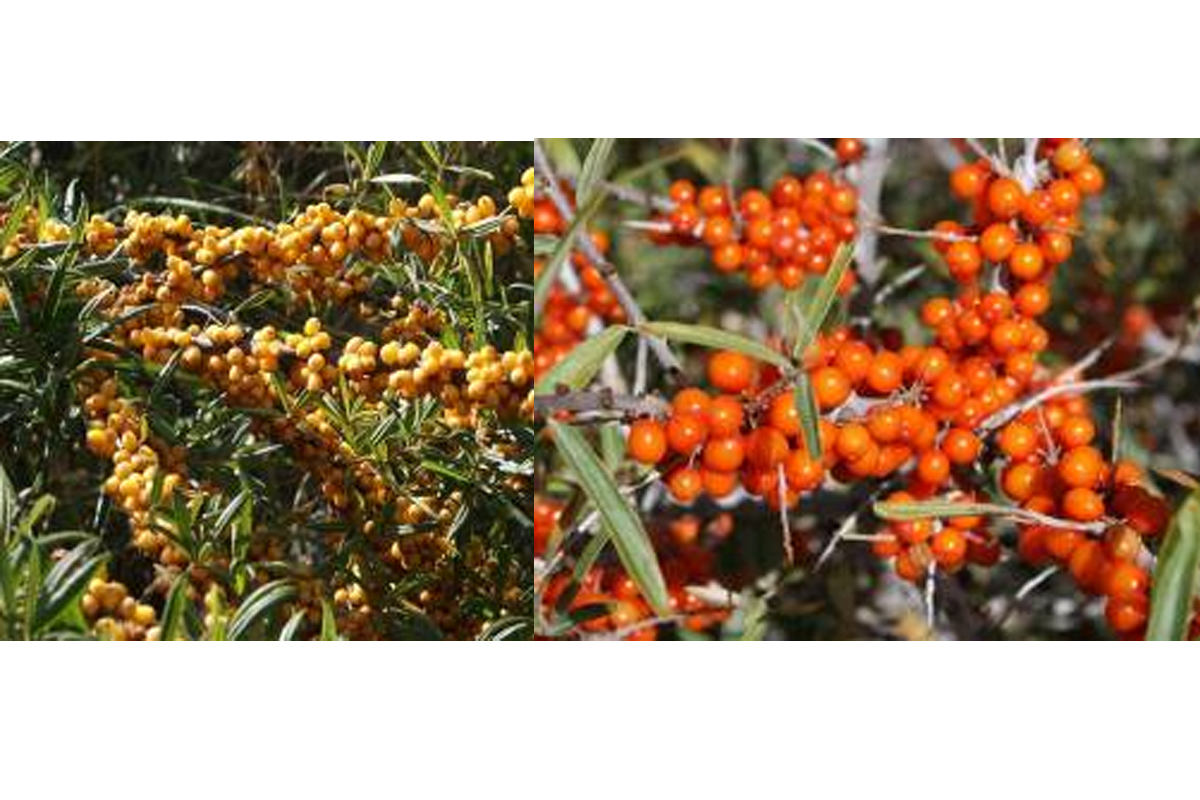’53 edu institutes closed down after Congress came to power in Himachal’s Seraj constituency’
The government shared this information while responding to a question from Sri Naina Devi Ji’s BJP MLA, Randhir Sharma.
He said till now the state and central governments have not spent a single penny on seabuckthorn development in the country.

Noted scientist and General Secretary of the Seabuckthorn Association of India, Dr Virendra Singh today urged the central government for seabuckthorn development along the border with China in Himalayan states.
Dr Singh said massive afforestation of nitrogen fixing seabuckthorn in various Himalayan states is important for livelihood improvement for farmers and ecological rehabilitation of degraded mountainous lands in the border areas.
Advertisement
The scientist, who is presently working at CSK Himachal Pradesh Krishi Vishvavidyalaya, Palampur in Himachal Pradesh, said the country is presently facing two major problems- the COVID-19 outbreak and intrusion of Chinese army in the high altitude areas in Himalayas. “Solution for both problems also lies in the same region, i.e. massive afforestation and utilization of seabuckthorn tree for development of drugs to combat coronavirus as well as acclimatization of Indian army troops at high altitude border areas of Ladakh, Himachal Pradesh and Uttarakhand, Sikkim and Arunachal Pradesh,” he said.
Advertisement
He said till now the state and central governments have not spent a single penny on seabuckthorn development in the country.
“However, it is high time that policy makers and senior officials of state forest departments of Himalayan states approved and implemented this road map on seabuckthorn, which could be strategically important on the border,” he said.
CSK Himachal Pradesh Agricultural University, Palampur, which has done pioneering work on seabuckthorn and Indian Institute of Technology, Mandi in collaboration with other research organizations and a private sector company, has recently submitted a Rs7.5 crore project proposal to Union Ministry of AYUSH, Government of India for funding to develop immunity booster and anti-corona drug from seabuckthorn, which naturally grows widely in the region.
Seabuckthorn is quite rich in vitamins and antioxidants, which have potential in protection from cardiovascular diseases and diabetes etc. and the plant is a quality fuel wood, fodder and soil binder in cold desert Himalayas.
Dr Singh said Defence Institute of Physiology and Allied Sciences (DIPAS) and Institute of Nuclear Medicine and Allied Sciences (INMAS), Delhi have carried out preclinical research on seabuckthorn successfully for protection of Indian army troops posted in high altitude areas of Ladakh from high altitude related health problems like hypoxia, snow bites and UV radiation etc. This can accelerate rapid acclimatization of army troops in high altitude border areas during tense and war time.
“Seabuckthorn can help generate immunity to fight COVID-19 and protect from hypoxia disorder at high altitude as in both the cases lungs are damaged,” he said.
Advertisement